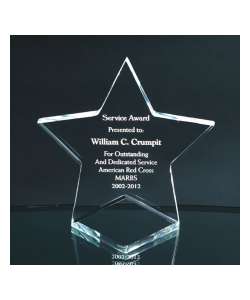
Recognition lets employees know you care about their contributions and accomplishments in the workplace. Recognized employees are often more productive and motivated at work, creating a lasting positive impact on the organization. Here are four questions you should ask yourself when it’s time to acknowledge an employee’s good work.
1. Why are you recognizing your employee?
Organizations should develop goals and objectives for employee recognition. It is important to select criteria that will help you in determining which employees should be recognized. Did they reach a certain milestone? Did they accomplish something personally or on a team? Have they been at the company for a long period of time? Determining the “why” is the key to meaningful recognition.
2. What do your employees know about your recognition process?
Employees should be aware of the types of recognition they could receive. Communicate with employees the eligibility criteria and how frequently recognition is given. Many companies even talk to their employees to gauge what types of recognition they personally prefer.
3. What type of recognition are you giving?
Recognition can either be informal or formal. The behavior recognized should drive you to find the right type of recognition. Informal recognition takes place when it is merited, whereas formal is more scheduled. Awards4U's products can help make this process easy and cost-effective. Check out our employee recognition products for some ideas.
Remember, to make the most of recognizing employees, be sure you are genuine and specific in your approach. Clearly express the specific accomplishment and the value your employees created for the organization.
4. How are you going to announce the recognition?
Sharing news about your employee’s good work makes recognition go further. You may want to include it on your company’s website, social media, an internal email or staff meeting. This helps build a supportive work environment and show others your company culture.




